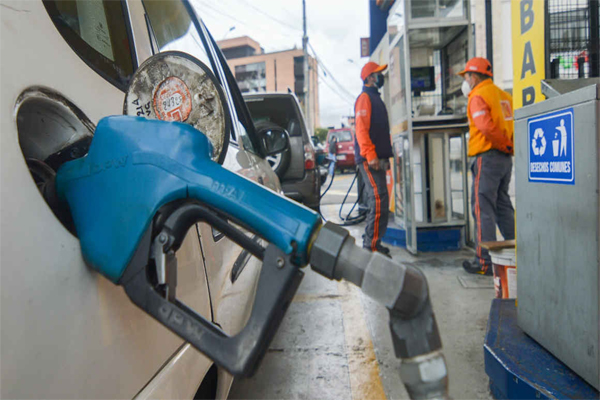
Alberto Araujo,Argus Media
QUITO
EnergiesNet.com 06 07 2024
Ecuador’s government is in talks with indigenous and labor groups that oppose its plan to cut gasoline subsidies for most drivers this year after it delayed launching the program on 3 June.
The government has proposed reducing spending on subsidies for 85-octane gasoline by $100mn-$150mn this year, which represents around 16pc-24pc of the $631mn it had budgeted for such spending, vice minister of interior Esteban Torres said on Wednesday.
On 31 May, Ecuador signed an agreement with the IMF to receive around $4bn in loans from 2024-2027 but in exchange, Ecuador committed to several economic reforms including focusing energy subsidies on lower-income groups. It has proposed compensating only lower-income drives by excluding larger and more expensive vehicles from using subsidized regular gasoline. This would apply to extra gasoline which contains no ethanol and a 5pc ethanol blend marketed as Ecopais. Together they hold about 50pc of Ecuador’s motor-fuel market share.
But the Ecuadorian confederation of indigenous nationalities (Conaie) and some taxi drivers’ unions oppose the plan, and have threatened strikes. Conaie in June 2022 led an 18-day strike, also over fuel subsidies, in which protesters blocked hundreds of highways and roads, invaded oil fields and led to crude production falling by 17pc that month.
The government is speaking with the groups, but will not tolerate protesters hurting the country’s economy and attacking infrastructure, Torres said.
Although both types of gasoline are sold at $2.47/USG, state-owned Petroecuador spent an average of $2.93/USG to produce and import Ecopais gasoline and $2.80/USG to produce and import extra gasoline from January-May 2024, according to company data. Ecopais gasoline had an average subsidy of about $0.59/USG and extra had a subsidy of $0.44/USG in that period.
Ecuador has budgeted $3.1bn for fuel subsidies this year, including about $1.5bn for diesel and $737mn for LPG.
argusmedia.com 06 06 2024











